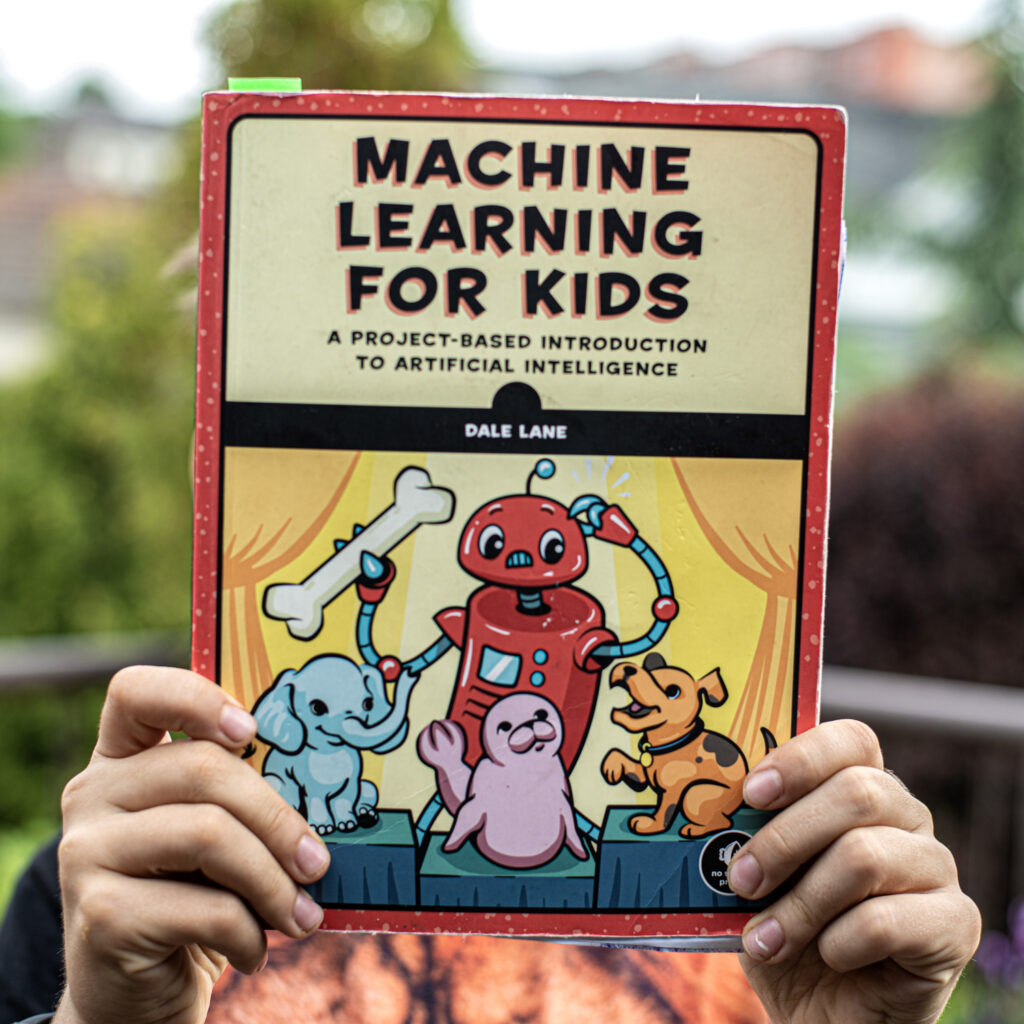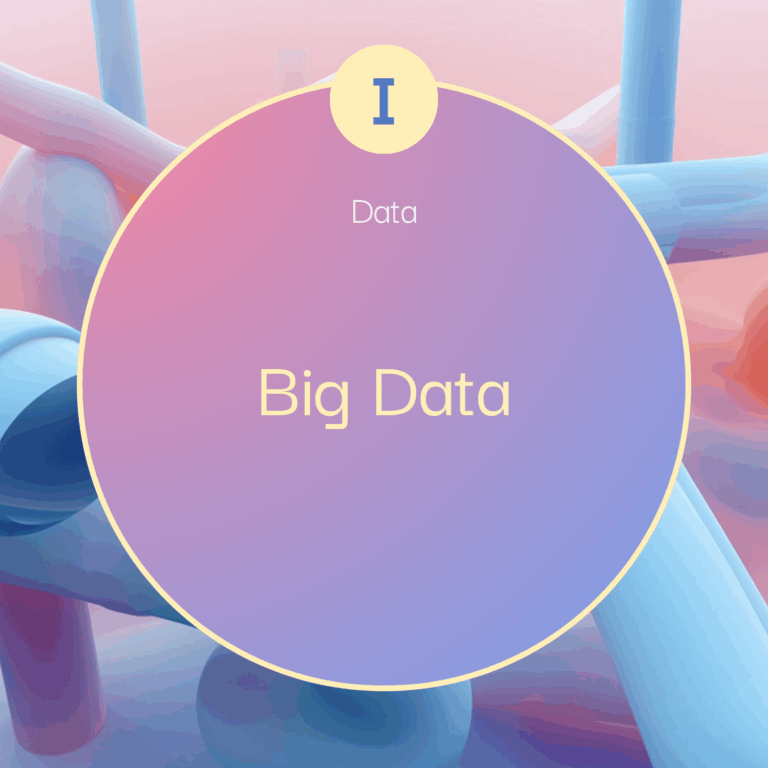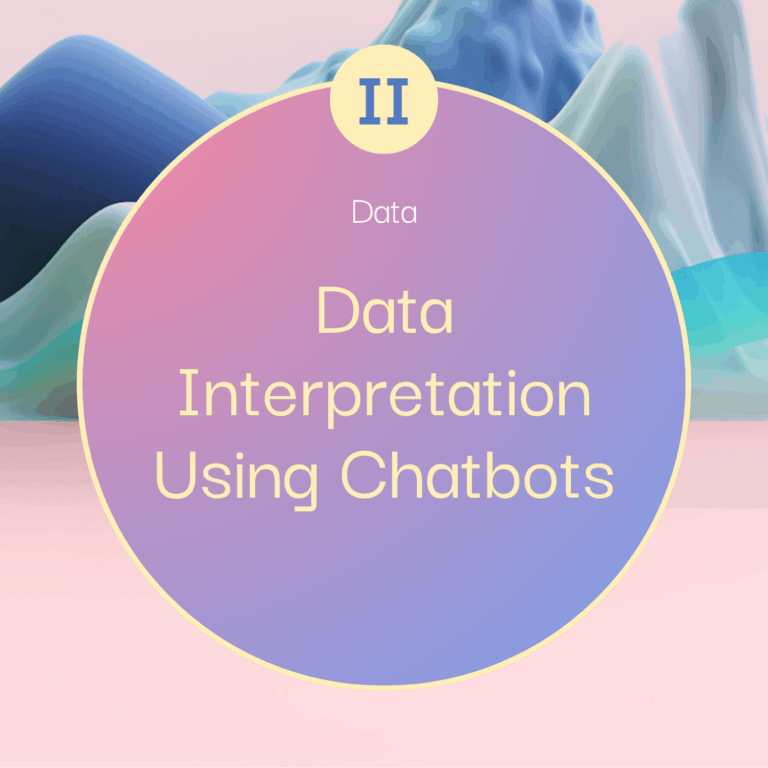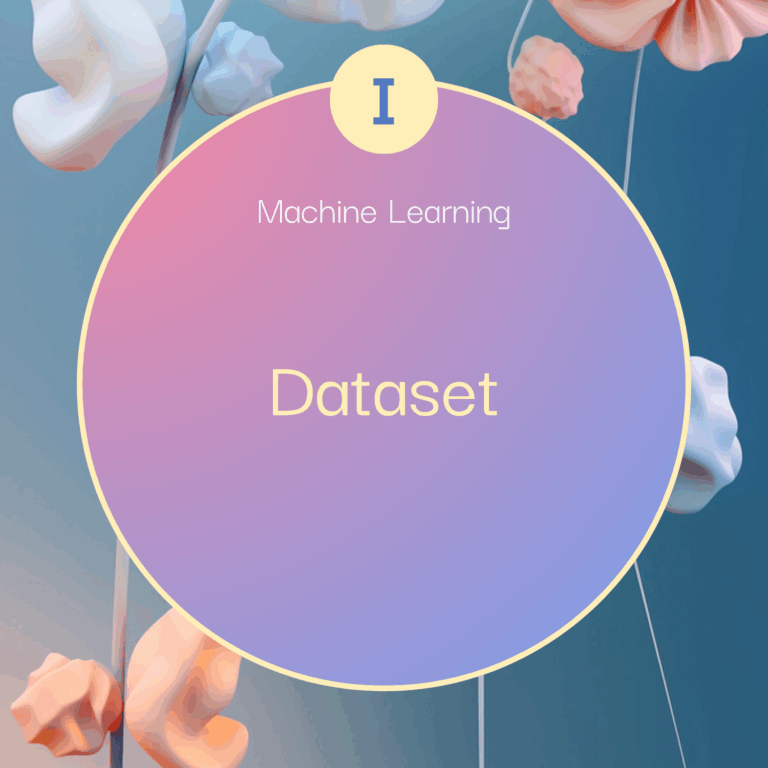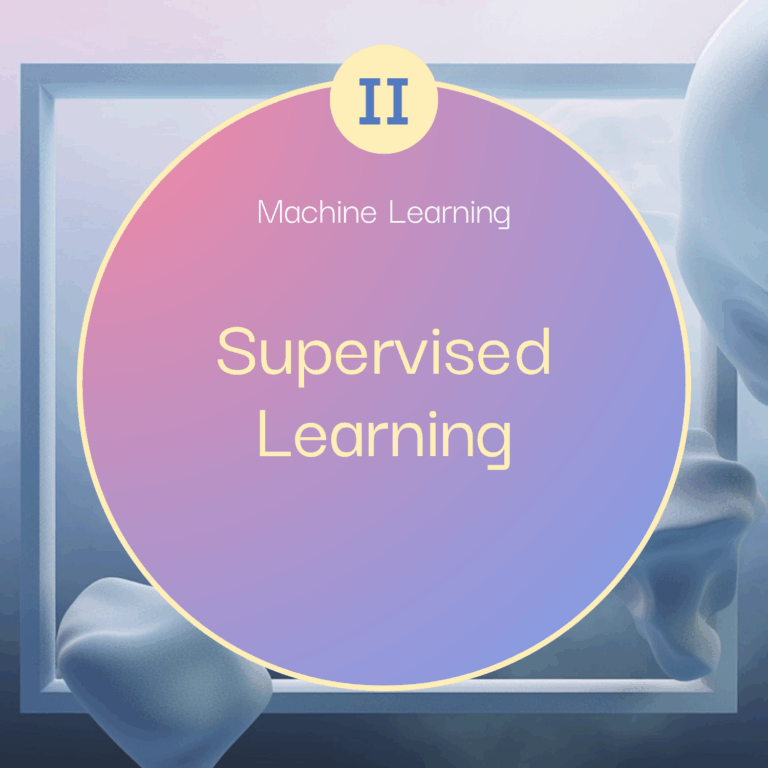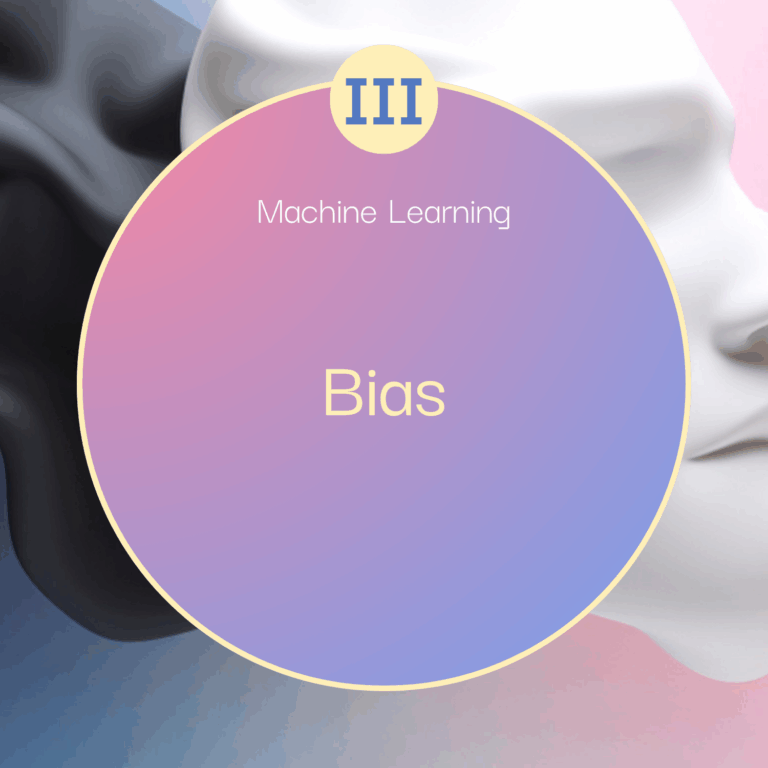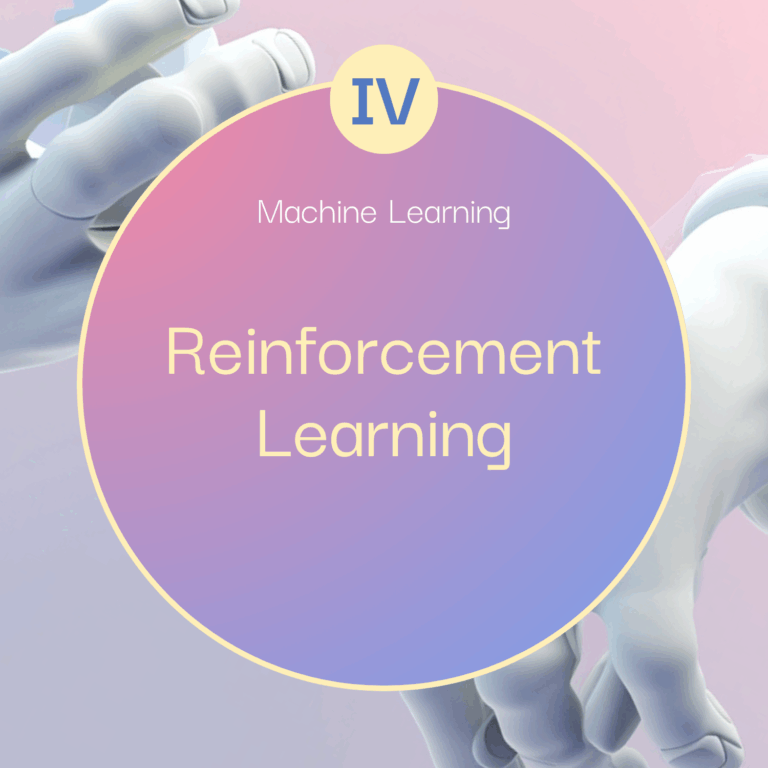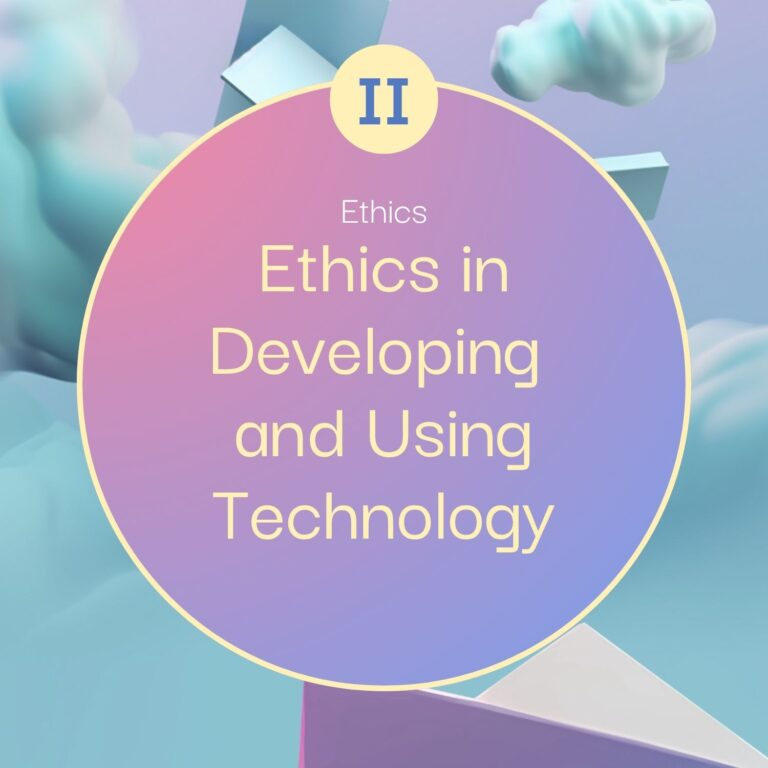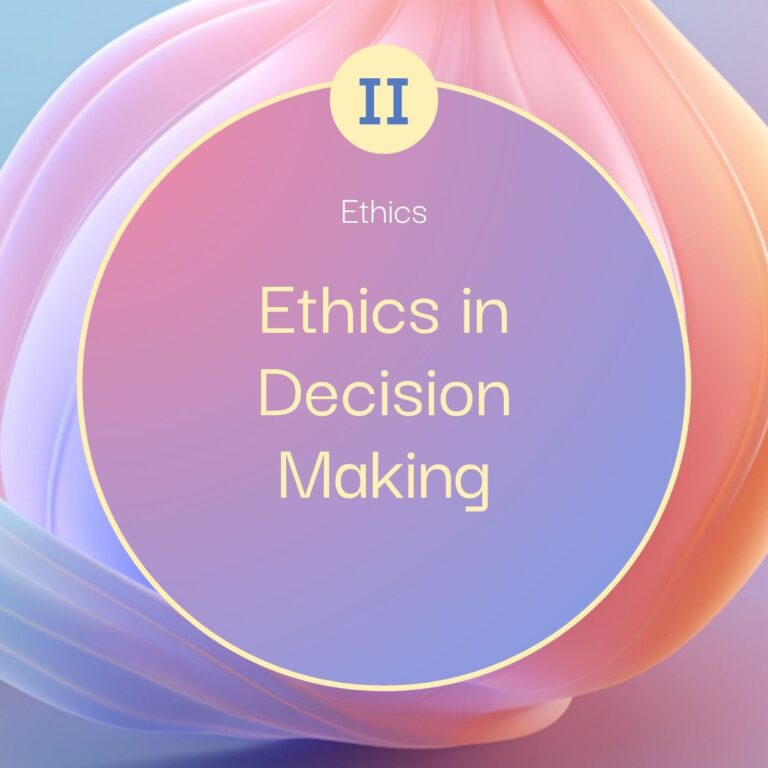AI in Computer Science in Secondary Schools
A comprehensive AI education concept for computer science at the elementary and secondary school levels is structured into three levels. The recommended starting point is the interactive story William & Meriwether (soon to be translated). Through this story, students gain a basic understanding of key areas such as data, devices, machine learning, and bias.
To deepen and expand their knowledge, students work with so-called cards. Each card represents a core concept of artificial intelligence and is part of a set. The cards build on each other, and it is recommended to go through them in sequence along with the activities included in the set.
For a deeper understanding of machine learning, a project-based textbook Machine Learning for Kids. is available.
The way we explain the theoretical concept of AI and machine learning is based on the differences between an algorithmic approach and a machine learning approach. These differences are summarized in the table below, based on the research by Matti Tedre and Henriikka Vartiainen:
Algorithmic Approach
Defining the problem
Designing a solution as an algorithm
Implementing the solution step by step
Compiling, running, and testing the program
Machine Learning Approach
Describing the problem and collecting data
Cleaning, processing, and annotating data
Training a machine learning model
Testing the model and refining both the model and dataset
William & Meriwether (coming soon)
The recommended entry point into the topic of artificial intelligence in computer science is the well-tested interactive story William & Meriwether. Through playful learning, it leads to four educational goals:
1) Identify and provide real-world examples of data.
2) Describe devices used for data collection.
3) Define machine learning with teacher guidance.
4) Explain the concept of bias in AI.
Duration: 3 × 45 minutes
Target group: Students aged 11 and up
Teaching materials: Lesson 1, Lesson 2, Lesson 3
Webinar: Teaching Online
The story is ready to be played. Before the lesson, it is important to review the teaching materials and print the worksheets.
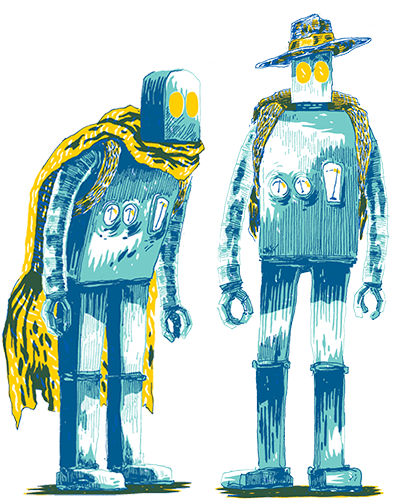
Concept Cards
The cards are teaching materials designed for classroom activities. Each card represents a key concept of artificial intelligence and is part of a set that includes other cards. The cards build on each other, and it is recommended to work through all activities in the set sequentially.
Dataset Deck (2×45 minutes)
Machine Learning Deck (4×45 minutes)
Ethics Deck (2×45 minutes)
Machine Learning for Kids —Textbook
Textbook: Machine Learning for Kids
A hands-on, project-based textbook that helps children understand what machine learning is and how it works. It includes 13 projects in which students train machine learning models and immediately test how they can be used within the Scratch programming platform.
The textbook is intended for children aged 12 and up and uses the free online environment Machine Learning for Kids.
+ Designed for students aged 12+
+ Uses the free Machine Learning for Kids platform
